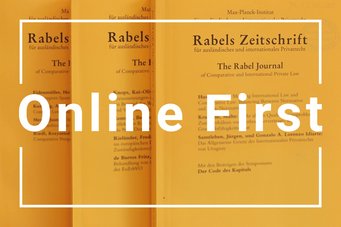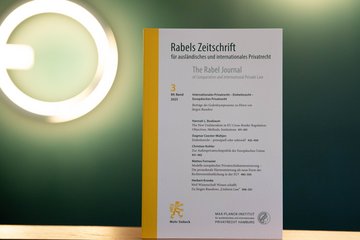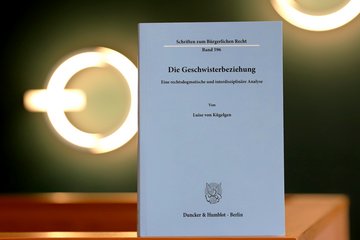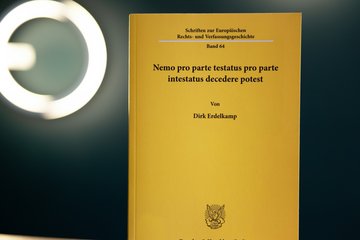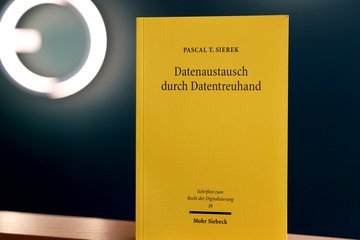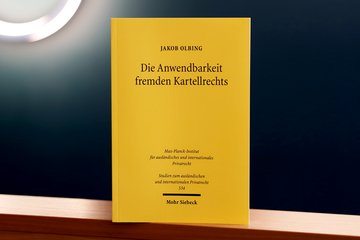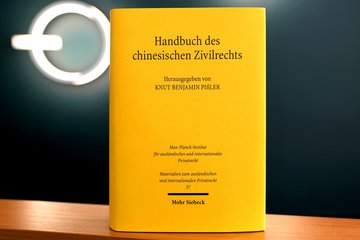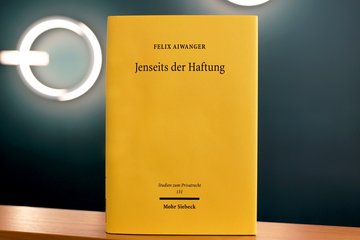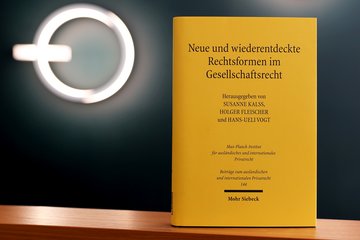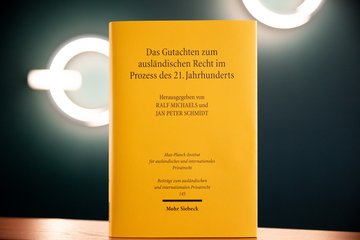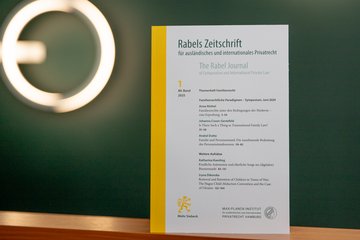Germany’s Federal Constitutional Court decision on the Act to Combat Child Marriages in focus
The German Federal Constitutional Court’s publication on 29 March 2023 of its decision on the Act to Combat Child Marriages occasioned the Institute to hold an online symposium for interdisciplinary analysis of the topic. A collection of papers from the symposium has now been published open access in an online-first edition of The Rabel Journal of Comparative and International Private Law (RabelsZ).
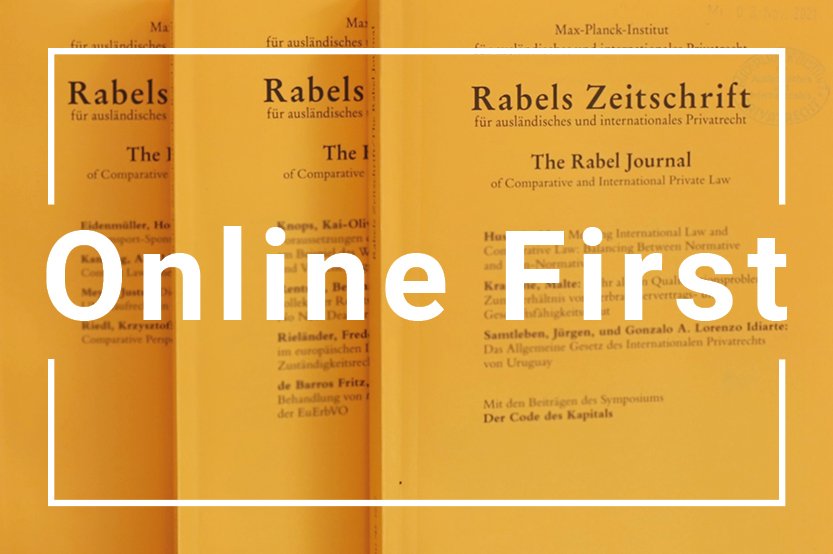
The decision of Germany’s Federal Constitutional Court declared the Act to Combat Child Marriages unconstitutional in its present form. Among the records the court cited in its decision was an expert opinion written by the Institute in 2020 on the comparative law of early marriages and on the legal status of such marriages in approximately sixty jurisdictions. The Institute held an online symposium on the topic on 8 May 2023 as part of its “Current Research in Private International Law” series of lectures and workshops. The journal RabelsZ has now published a collection of five papers from the symposium analysing the court’s decision from conflict of laws and constitutional law perspectives.
Director at the Institute Ralf Michaels provides an introduction, summarizing the decision and examining the structural problem inherent in the different approaches taken by conflicts law on one hand and by constitutional review on the other. Henning Radtke, Justice on the Federal Constitutional Court and reporting justice for the early marriages case, traces the history of constitutional jurisprudence involving German private international law (PIL). Susanne Lilian Gössl, Chair of German, foreign, and international private law and the law of digitalization at the University of Bonn, addresses the history of this jurisprudence and the legal academy’s response to it. Lars Viellechner, Professor of public law, in particular constitutional law, constitutional theory, legal philosophy, and transnational law at the University of Bremen, argues that the constitutional court’s earlier approaches could be considered as the basis for a constitutional conflicts law. Dagmar Coester-Waltjen, Emeritus Professor of civil law at the University of Göttingen, focuses on the future implications of the early marriages decision. She foresees a paradigm shift away from favor matrimonii towards an expansion of German law and considers the legislator’s task of coming up with an alternative to the unconstitutional statute.
Taken together, the interrelated symposium papers provide a grounded analysis of the Federal Constitutional Court’s decision. They also raise fundamental questions and explore more far-reaching considerations that Michaels says are apt to stimulate further discussion of the interplay between PIL and constitutional law. They may also aid and inform the Federal Constitutional Court in its deliberations on future cases.
The papers have been published open access in an online-first edition of RabelsZ and are currently available at https://www.mohrsiebeck.com/en/journal/rabels-zeitschrift-fuer-auslaendisches-und-internationales-privatrecht-rabelsz?no_cache=1#menu1. The papers will also appear in the 4/2023 print issue of the journal and soon be available at https://www.mohrsiebeck.com/en/issue/rabels-zeitschrift-fuer-auslaendisches-und-internationales-privatrecht-4-2023-0033-7250.
Image: © Max Planck Institute for Comparative and International Private Law / Johanna Detering
